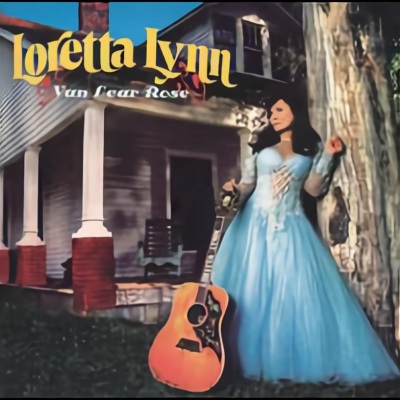
Van Lear Rose
by Stephen Thomas ErlewineLoretta Lynn retired from the music business in the '90s, returning to her home in Nashville to take care of her husband, Oliver Lynn, as he was dying. As it happens, she left the spotlight at a time that was not kind to country legends like herself, as they were exiled from country radio and left with a fraction of their audience. Some tried to adjust to modern radio, some railed against it, and others, like Johnny Cash, retooled their sound and wound up appealing to a younger, hipper audience raised on alternative country. By the time Lynn decided to return to recording in 2000, Cash's path had been followed by other veterans like Merle Haggard, but Loretta turned out a fairly pedestrian comeback on Audium called Still Country, which garnered little attention, but then a funny thing happened. The following year, Detroit garage punk duo the White Stripes dedicated their breakthrough album, White Blood Cells, to Loretta and covered her "Rated X" as a B-side. Word worked its way back to Lynn, and soon she invited Jack and Meg White down to her home and, not long after that, she agreed to cut a new album with Jack as the producer, which wound up being 2004's Van Lear Rose. On paper, this sounds like a strange pairing, yet upon further inspection, it makes sense. Loretta Lynn has always been an independent spirit, taking risks within the confines of Nashville country, yet respecting the rules of Music City. Jack White works much the same way, adhering to traditional American musical conventions yet pushing against their borders, while imposing strict aesthetic rules for each of the White Stripes albums with the intent of giving each its own distinct feel. The brilliance of Van Lear Rose is not just how the two approaches complement each other, but how the record captures the essence of Loretta Lynn's music even as it has flourishes that are distinctly Jack, such as the slide guitar that powers their duet, "Portland Oregon." ... Read More...
